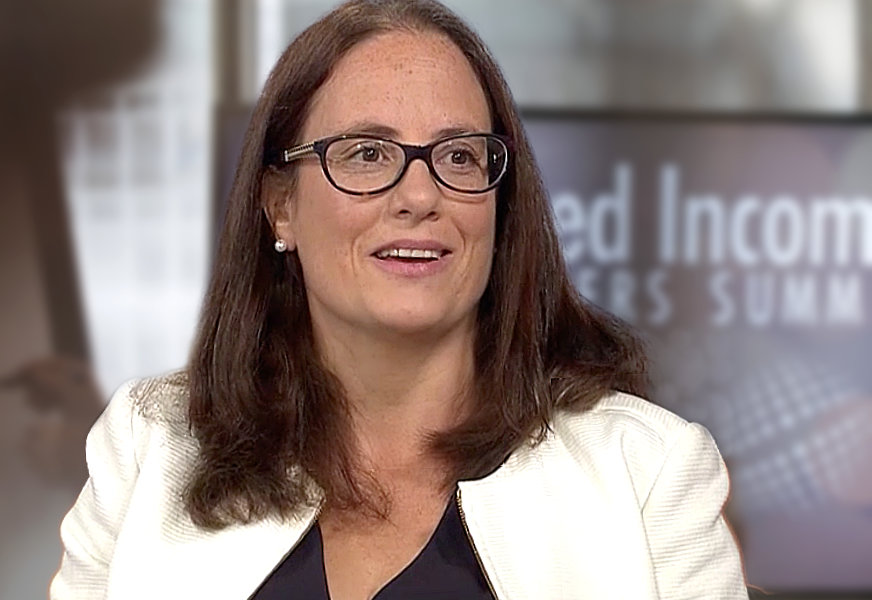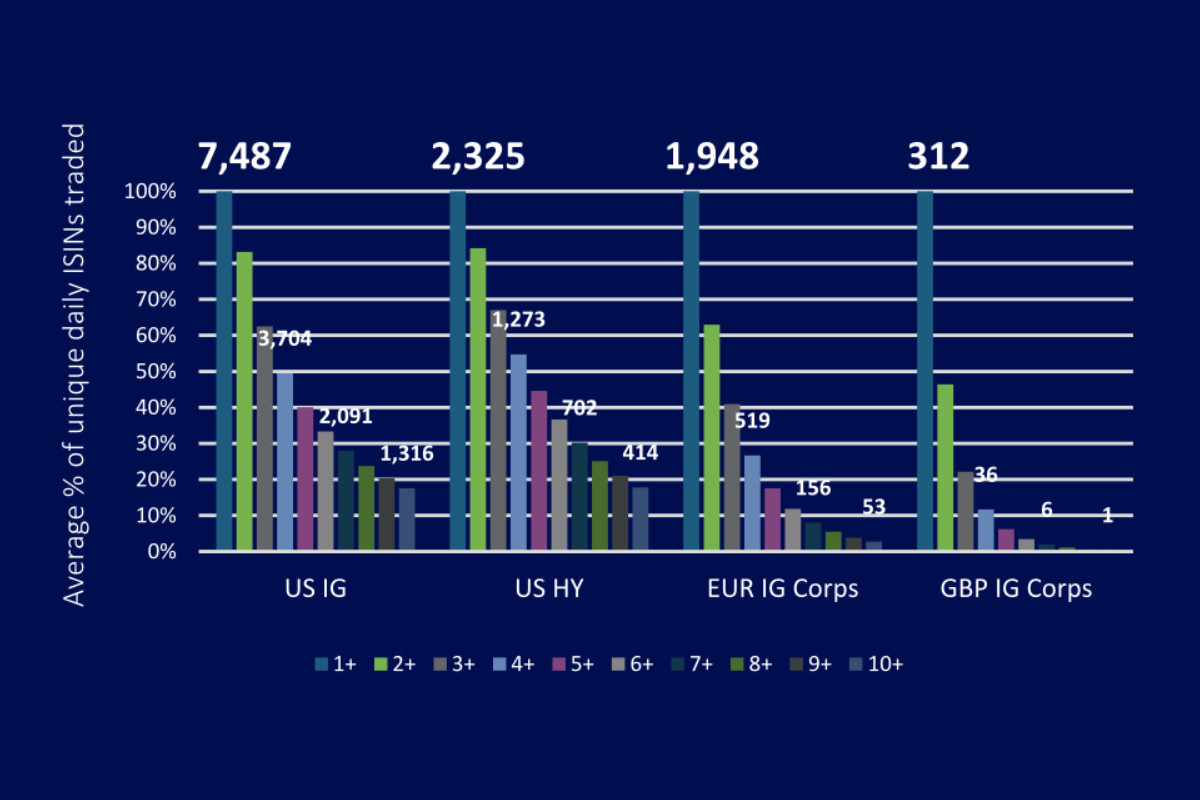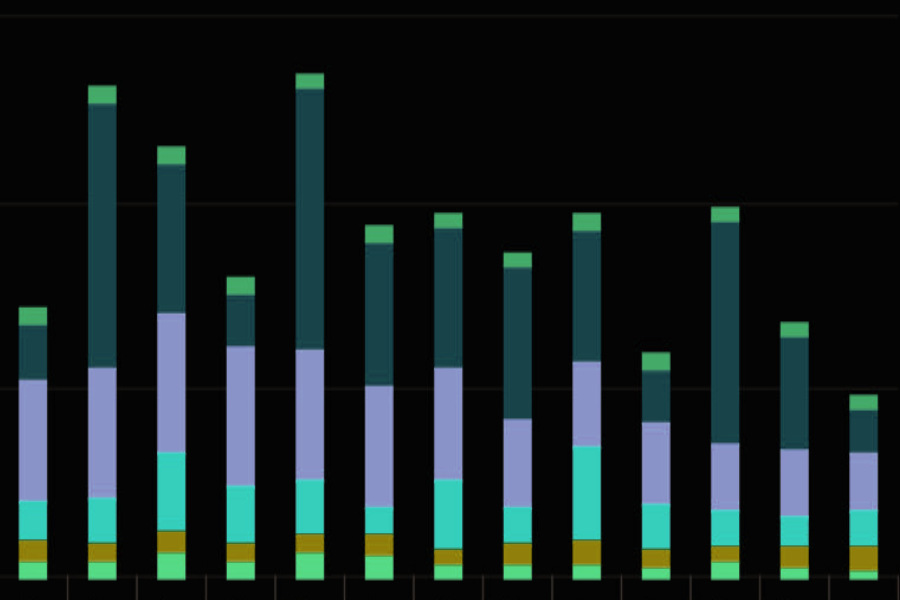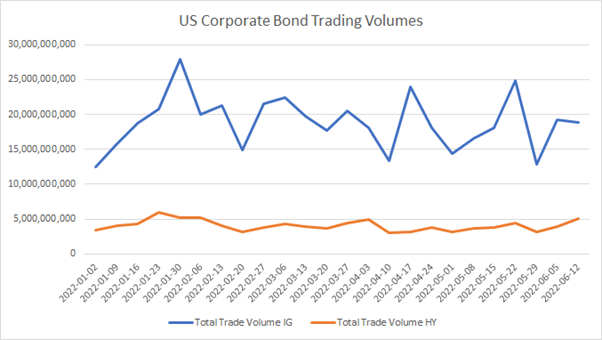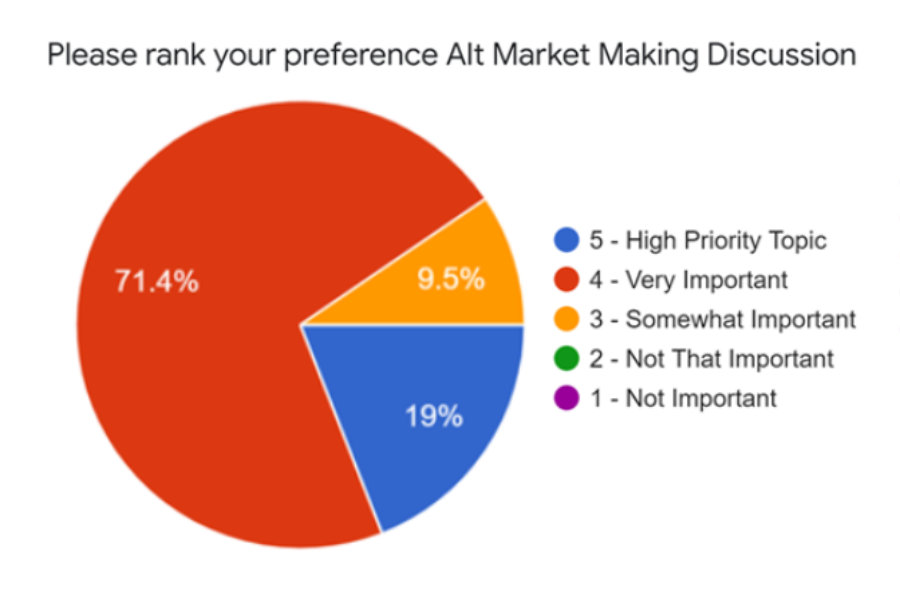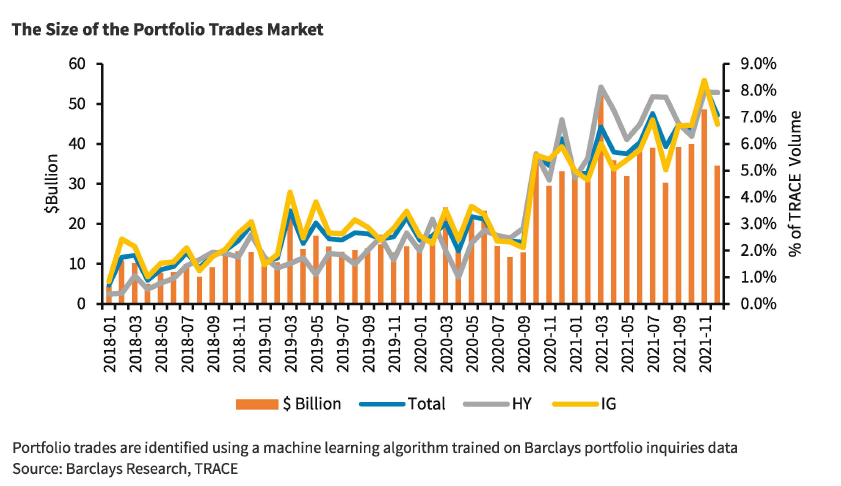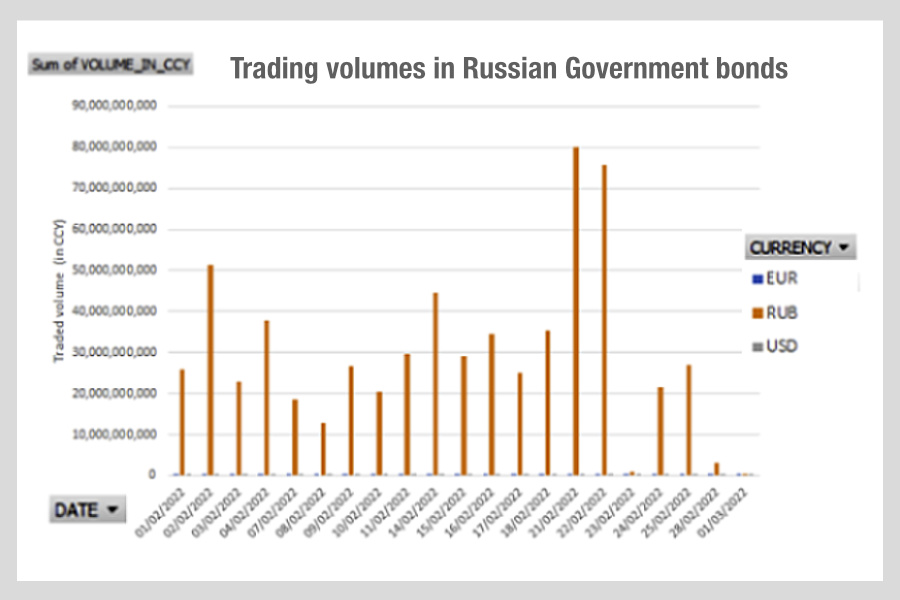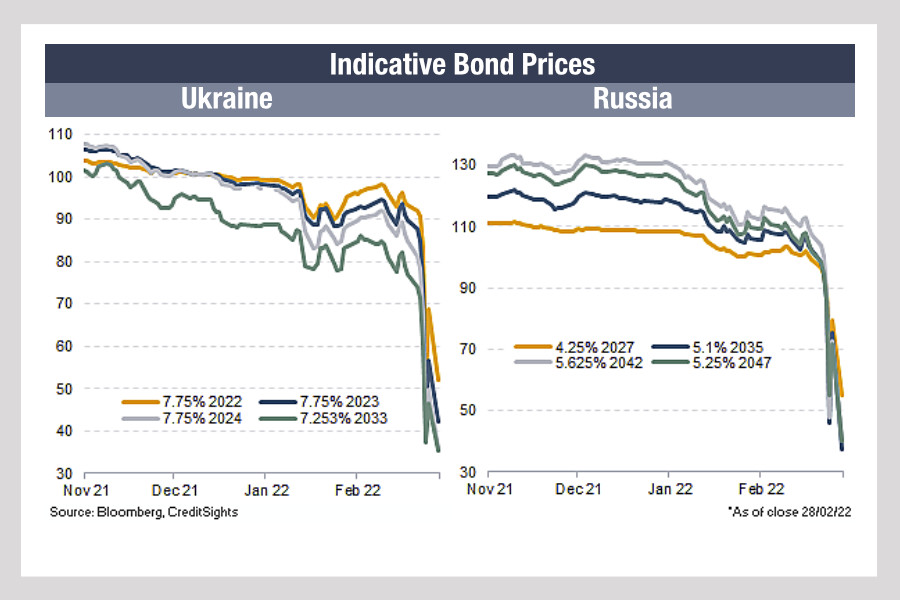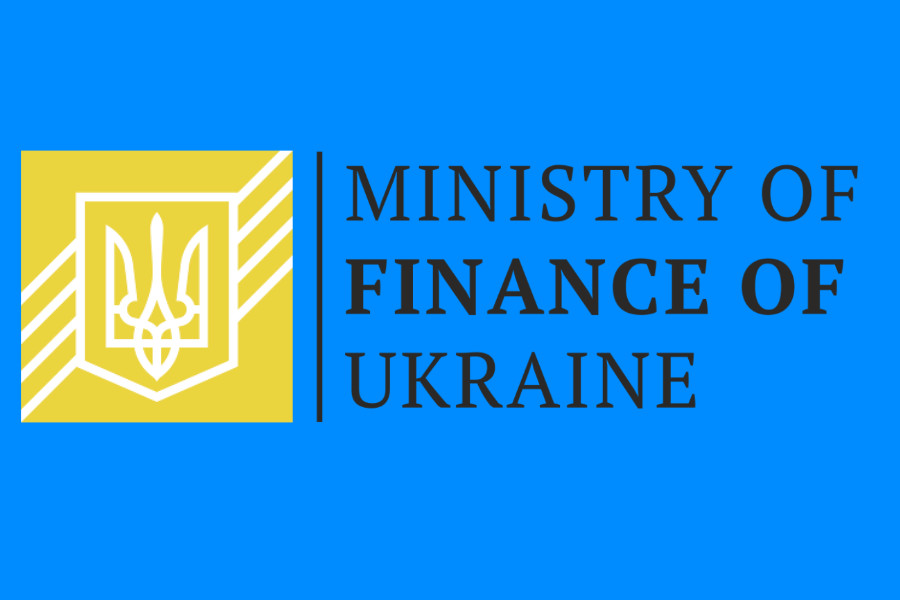The draft Trade and Cooperation Agreement between the United Kingdom (UK) and European Union (EU), which has been supported by the Europe Union and is due to be voted on by UK Members of Parliament, deals with financial services in the same way as they are generally covered in the EU's other free trade agreements (FTAs) with third countries but does not include any elements pertaining to equivalence frameworks for financial services.
The parties have agreed these are unilateral decisions of each party and are not subject to negotiation.
In particular, the agreement commits both parties to maintain their markets open for operators from the other party seeking to supply services through establishment. The parties also commit to ensuring that internationally agreed standards in the financial services sector are implemented and applied in their territories. Both parties preserve their right to adopt or maintain measures for prudential reasons (the ‘prudential carve-out'), including in order to preserve financial stability and the integrity of financial markets.
The parties will also aim to agree by March 2021 a Memorandum of Understanding establishing a framework for regulatory cooperation on financial services.
The European Commission (EC) has assessed the UK's replies to the Commission's equivalence questionnaires in 28 areas. A series of further clarifications will be needed, in particular regarding how the UK will diverge from EU frameworks after 31 December, how it will use its supervisory discretion regarding EU firms and how the UK's temporary regimes will affect EU firms.
For these reasons, the Commission cannot finalise its assessment of the UK's equivalence in the 28 areas and therefore will not take decisions at this point in time. The assessments will continue. The Commission has taken note of the UK's equivalence decisions announced in November, adopted in the UK's interest. Similarly, the EU will consider equivalence when they are in the EU's interest.
The EU-UK Brexit Agreement includes a forward-looking ‘most-favoured nation’ clause that would allow the EU and the UK to claim any more favourable treatment granted by the UK or the EU respectively in their future agreements on trade in services and investment with other third countries – except in the area of financial services.
It also includes a review clause encouraging the parties to consider whether there are possibilities to improve trade in services and investment relations between the EU and the UK in the future – except in the area of financial services.
©The DESK 2020
TOP OF PAGE

























